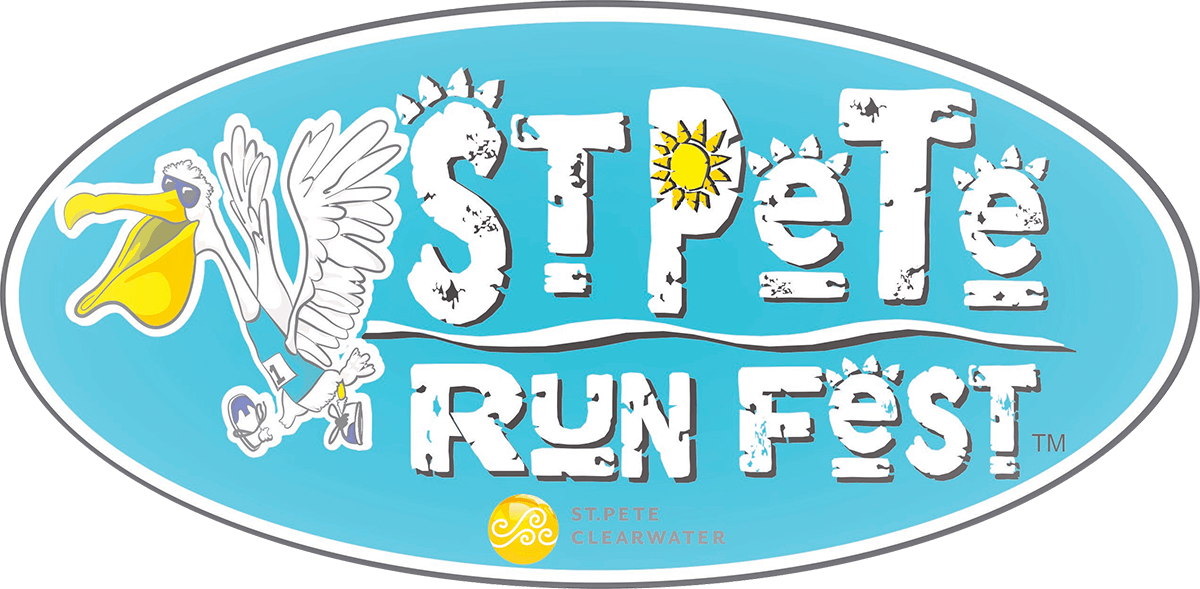By Terri Rejimbal, RRCA certified coach
Training for a big event, don’t forget the taper. Having returned from a trip to South America, a tapir is an indigenous animal of South America with a similar sounding name to taper. Tapirs are herbivores that live in jungles and look like a hodge-podge of left-over parts. Let’s hope your training hasn’t been a mishmash of workouts. Just as there are several species of tapirs, there are various methods of training, and all goal race training should include a taper.
There’s no absolute right way to taper, but there is a wrong way. Often times, athletes get addicted to the training routine that they don’t want to scale back. They crave that routine. One coach compared it to drinking, they want just “one more”. “It’ll be okay”, they tell themselves. Except that most often it’s that “one more” that sends them over the line, hindering recovery, depleting hydration and fuel sources, or worse sidelines them with an injury.
Remember training is stress on your body which causes fatigue, and too much stress prior to race day can suppress and compensate your performance. To reap the benefits of your training program, you need to reduce your stress load and allow your body to rebuild and recover. Keep in mind that your fitness and conditioning didn’t occur over-night and neither does recovery. Having a good 7-10 days of tapering before your race will have you rested, fresh, and maybe even a bit anxious at the starting line.
There’s no magic number of days to taper. It’s pretty much individual, and you or your coach will know what’s best. Having belief and trust in your training will give you the confidence to guide you through your tapering. Often times it’s insecurity or lack of confidence that talks oneself into doing that “one more” workout. DON’T DO IT!
To deal with the “one more” craving, I recommend to my athletes that they keep up the intensity but reduce the amount run at that intensity along with scaling back on overall weekly mileage. Starting a taper is all dependent upon the race distance and the runner – usually 4-5 days for a 5K, 5-7 days for a 10K, 7-10 days for a half, and 12-16 days for a full. Again, this is all based upon the individual, their recovery ability, and the race distance.
I have been guilty of the just “one more” or as I refer to it – race self-sabotaging (doing too much, too little recovery, and too many fast miles that deplete and run you down prior to race day). You may be able to run well, but you won’t be happy with yourself because you know you “cheated” yourself out of your best performance. As I have gotten older and wiser and when I think about that “one more” workout, I ask myself, “What is the goal? Does doing this have the potential to sideline me from my goal?”
Here’s a few points to keep in mind during your taper:
- Beginning 2 weeks out, continue your regular running pattern, but reduce/remove strength training and cross training
- Last long run should be done 2-3 weeks out from race
- Reduce your training volume to 60% 2 weeks prior, and to 30% the week of the race
- Keep the last demanding speed workout 5-10 days prior to race
- Stay hydrated and eat healthy
- Take naps or add an extra hour of sleep when/if your schedule allows
- Don’t focus on “what ifs” or the race, instead try to keep your mind occupied by reading a good book or something else that doesn’t demand too much physical activity that could cause an injury.
Tapering is as unique as the individual. Just be cognizant and listen to your body, and if in doubt, don’t do more. To pass that extra time until race day, you can visit the zoo and see the tapir while you taper.
Believe in yourself and your training! Happy Running!
Terri Rejimbal is a competitive Masters athlete, a 3-time winner and 8-time Masters champion of the Gasparilla Distance Classic half-marathon; 6-time Disney Masters marathon winner, 7-time Florida USATF Athlete of the Year, and a New Balance product tester. Terri is a RRCA certified running coach and available for consulting or coaching services. Contact Terri at tarejimbal@gmail.com, on Facebook/terri.rejimbal, Twitter @trejimbal, or Instagram @bayshorerunner.
